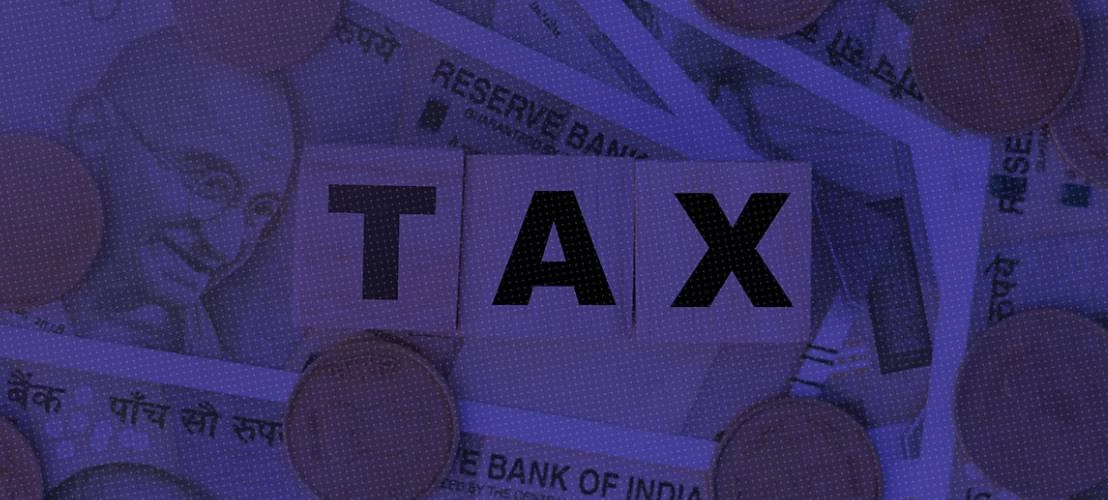Vivad Se Vishwas Scheme - Analysis of Direct Tax Vivad Se Vishwas Bill, 2020
The Direct Tax Vivad Se Vishwas Bill, 2020 (“The Bill”) was introduced in the Parliament on 5th February, 2020 following the announcement by the Finance Minister to bring in a scheme similar to the Sabka Viswas (Legacy Dispute Resolution) Scheme, 2019 in respect of indirect taxes.
Date & Time
10
Feb 2020 | 3:00 PM - 4:00 PM
The Bill would seek to collect a sizeable amount of the revenue of disputed tax arrears of Rs. 9.32 lakh crores, which is locked-up in the appeals pending before various fora. The Bill proposes to cover dispute where an appeal, either by the taxpayer or by the Department, is pending before any appellate forum as on 31st January, 2020.
The Bill covers appeals which are pending against disputed tax, interest or penalty in relation to an assessment or reassessment order or against disputed interest, penalty or fees where there is no disputed tax. Further, appeals filed against demands due to alleged defaults in TDS and TCS are also covered.
The scheme envisages waiver of interest and penalty upon deposit of disputed tax amount before 31st March020. In disputes involving interest or penalty, the taxpayer is requiredMarchy 25% of the disputed interest or penalty.
Various categories of disputes and assessees have been expressly sought to be excluded from the benefits of this scheme. However, the following aspects of the scheme need to be closely examined:
- Which disputed will be eligible for resolution?
- How the disputed tax is to be calculated?
- In which cases interest and penalties will be waived?
- Whether penalties under all sections will be waived?
- Whether immunity from prosecution is available and in respect of which offences?
- By when the declaration is to be filed?
- Whether amounts already deposited will be adjusted?
- Whether amounts already deposited in excess of amount payable under the scheme will be available as refund?
- What will be the impact this resolution on subject assessment years?
- Is there a possibility of a declaration filed under the scheme getting rejected by the department and if yes, what are the consequences?
One would have expected a dispute resolution scheme to be relatively simple keeping in mind the ultimate purpose that it seeks to achieve. But it is suffice to say that the scheme enshrined in the bill as introduced in the Parliament is anything but simple. The resolution scheme itself is as complex as the statutory provisions of the Income Tax law, which probably resulted in the dispute in the first place.
While the Bill offers a mechanism to put an end to pending litigation, it is essential to examine the finer nuances and conditions mentioned therein, in order to take benefit of the same.
Speakers
- V. Lakshmikumaran, Managing Partner, L&S
- Mr. S. Vasudevan, Partner, L&S







